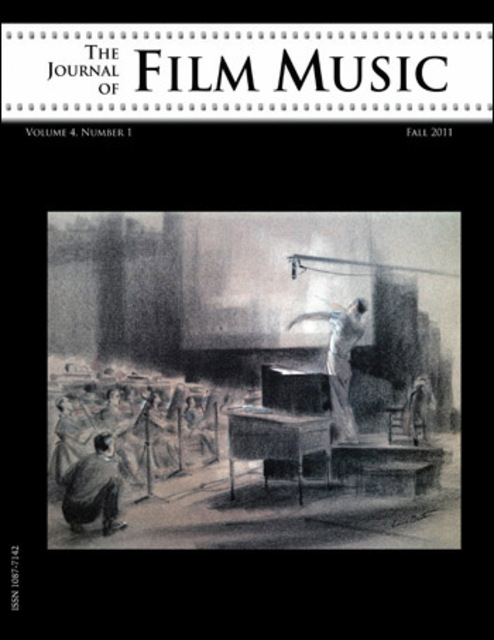JFM/Deflating Fascism in Max Steiner’s Score for The Most Dangerous Game

Full description
This article examines Max Steiner’s original score for the 1932 RKO Production of The Most Dangerous Game. Steiner’s score quotes from a piece of piano music, “Russian Waltz,” which he composed for the film’s villain, Count Zaroff, to play within the film’s diegesis. His vast orchestral underscore liberally quotes the main motif of his piano work. Using a hermeneutic approach, the article argues that Steiner’s orchestral underscore reinforces the film’s anti-fascist narrative potentials by linking Count Zaroff’s motif to his enterprise of hunting human beings and specifically to the sexual satisfaction the Count draws from his gruesome fetish. The motif itself undergoes a myriad of expansions and contractions, intensifications and relaxations, charting the ups and downs of Zaroff’s fortunes. Based on archival research, hermeneutic analysis, and a close reading of both the film and its source material, the article concludes that Steiner participated in crafting an anti-fascist film at a signal moment in history.
- typeImage
- created on
- file formatjpg
- file size75 KB
- container titleThe Journal of Film Music
- creatorMichael Lee
- issn1758-860X (Online)
- issue9.1-2
- publisherEquinox Publishing Ltd.
- publisher placeSheffield, United Kingdom
- rights holderEquinox Publishing Ltd.
- doi
We use cookies to analyze our traffic. Please decide if you are willing to accept cookies from our website. You can change this setting anytime in Privacy Settings.
